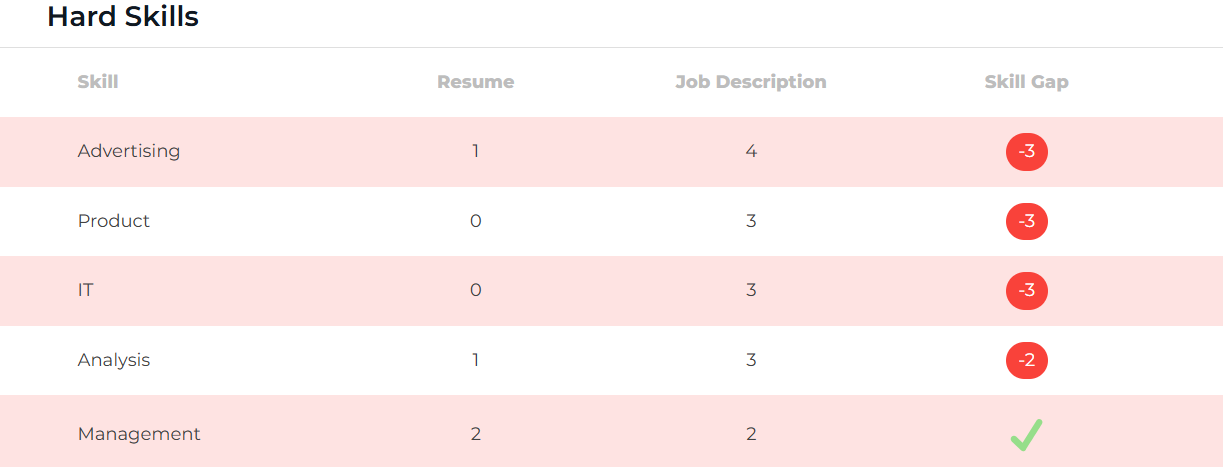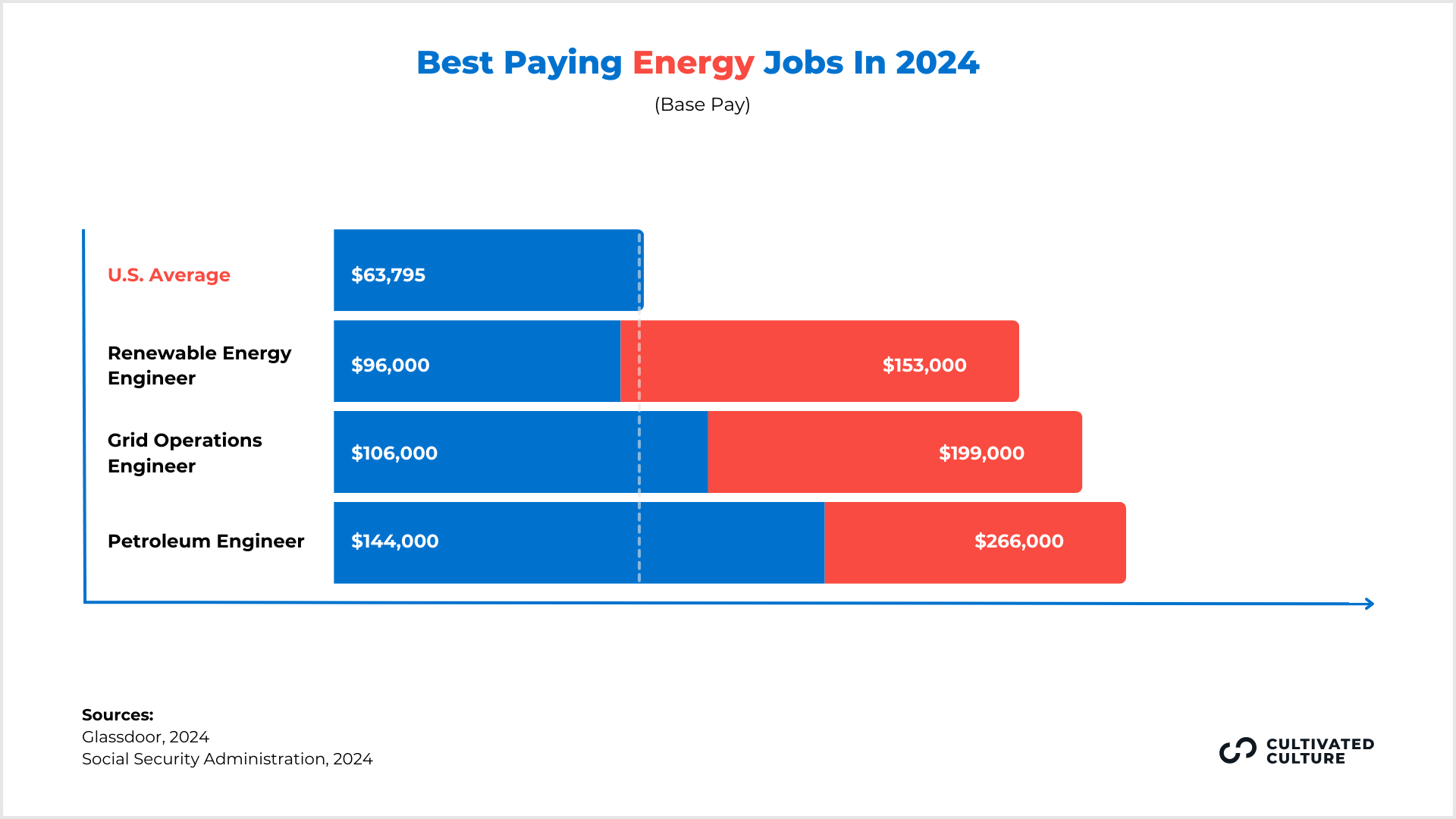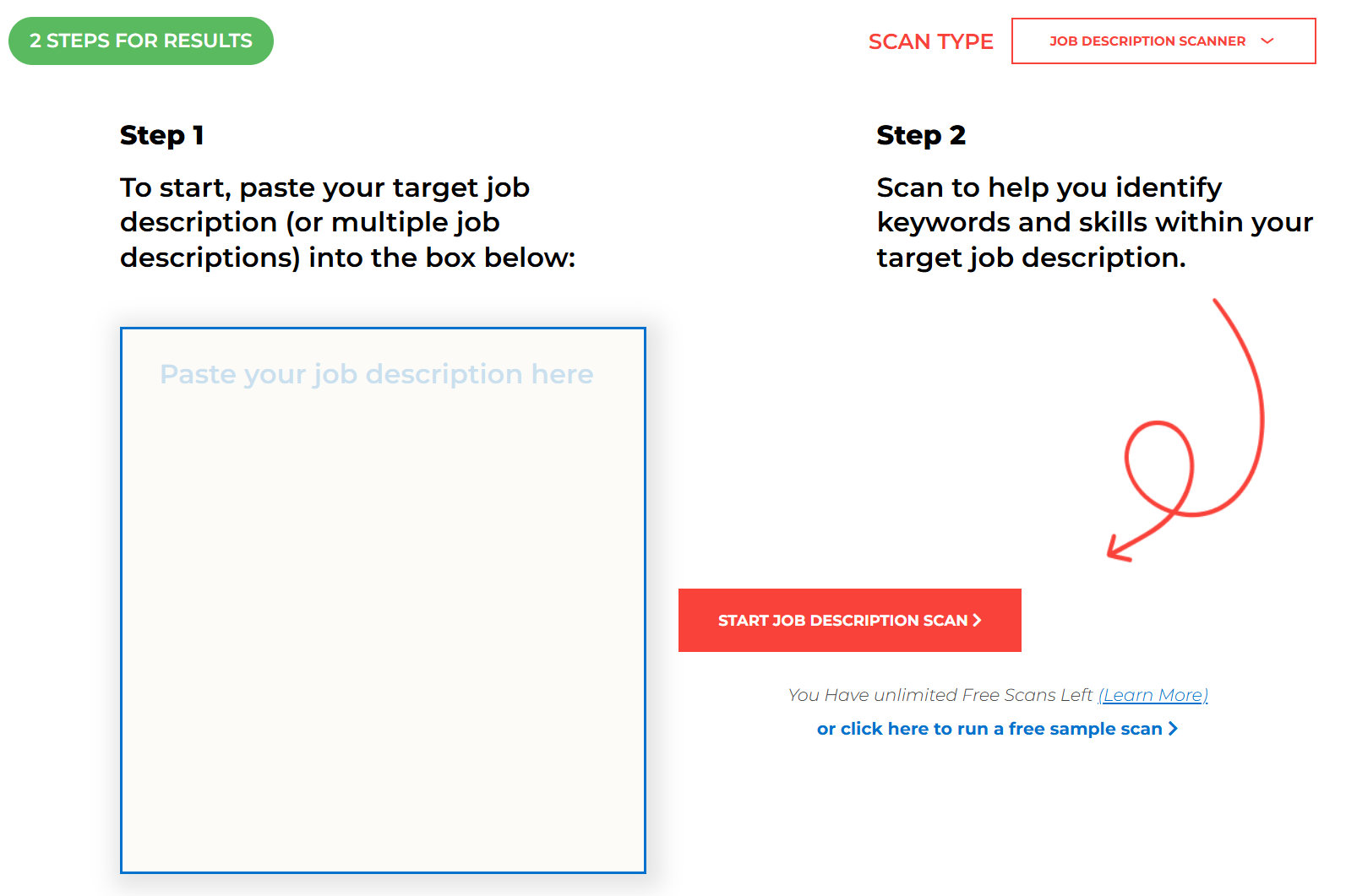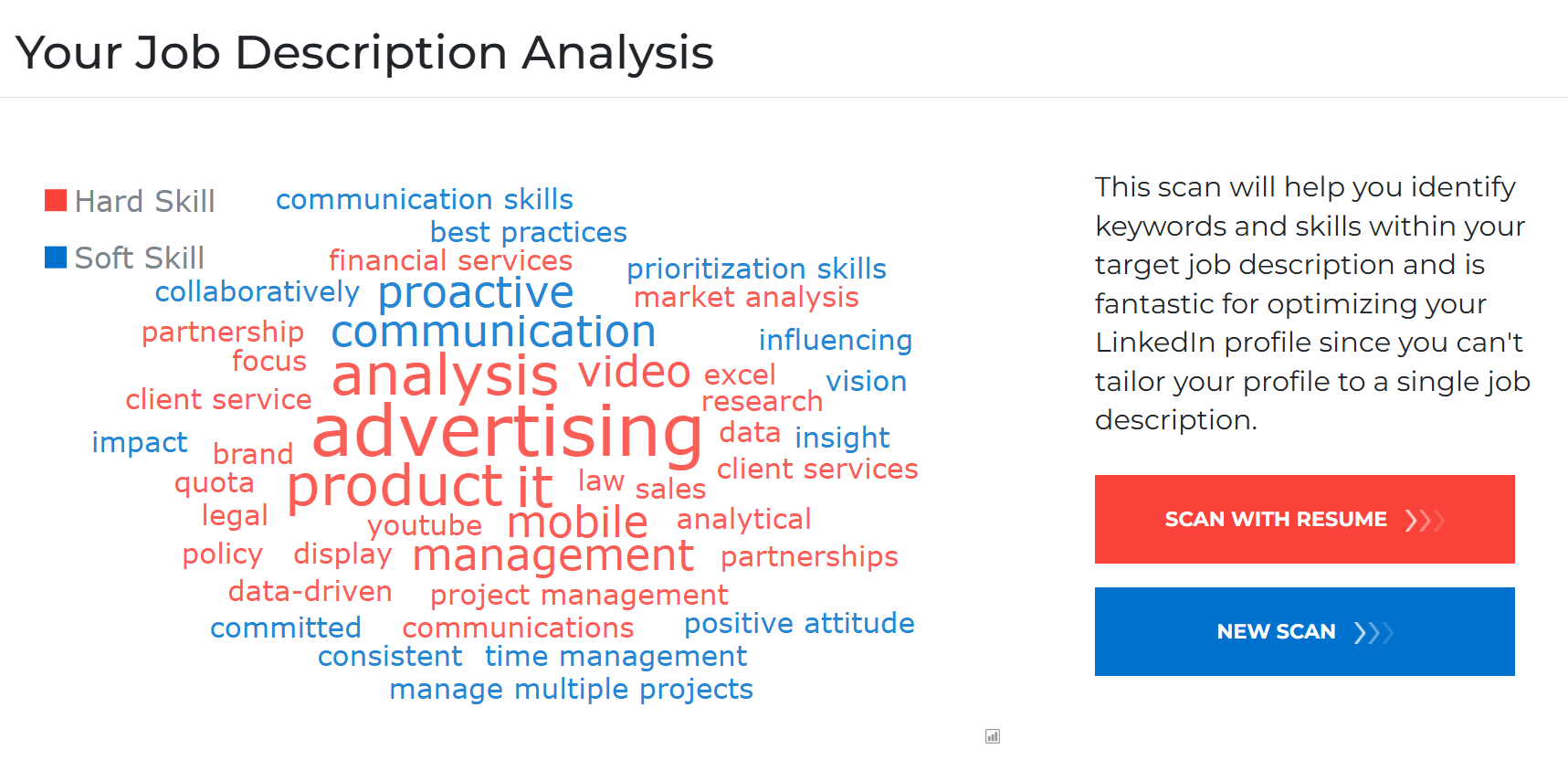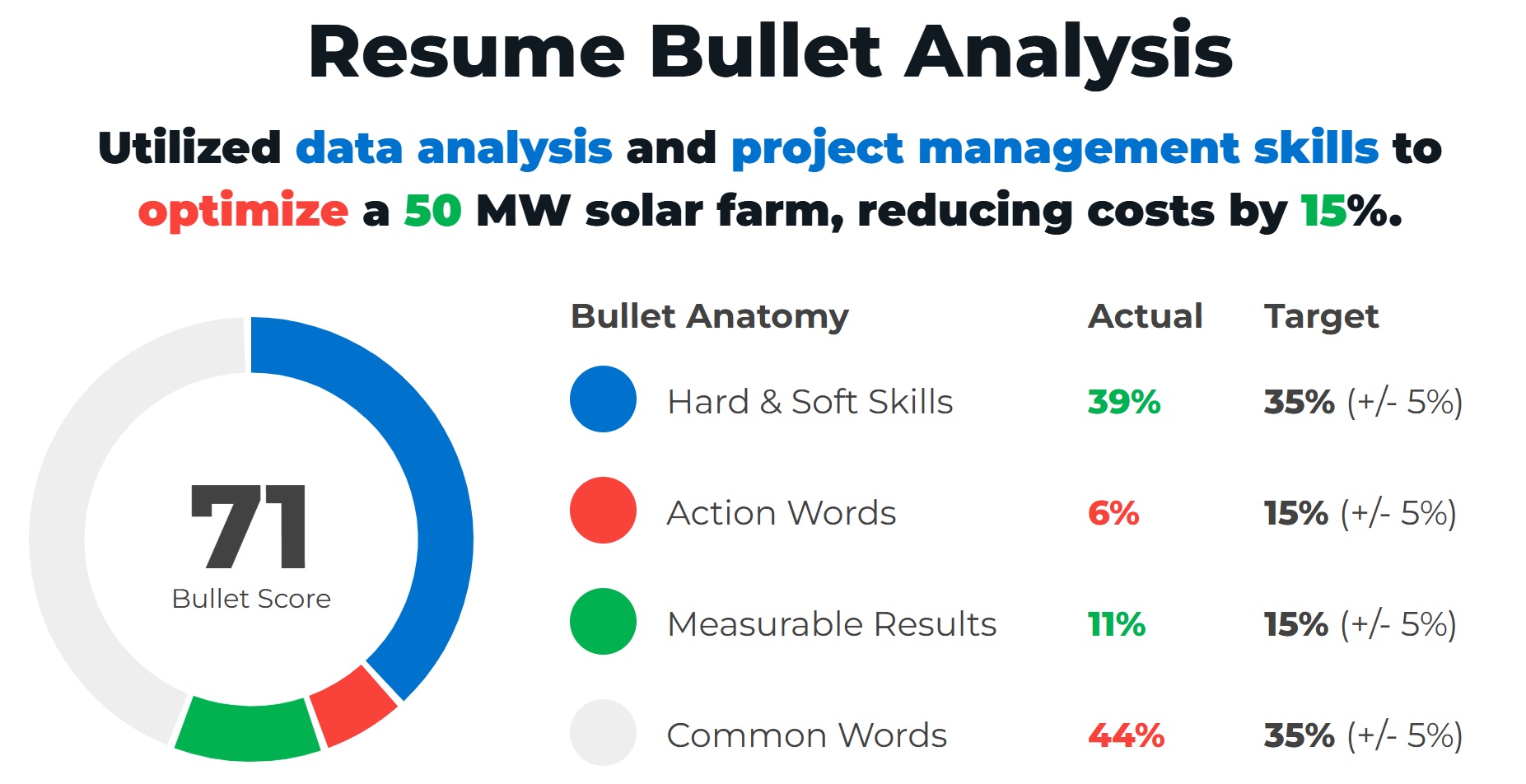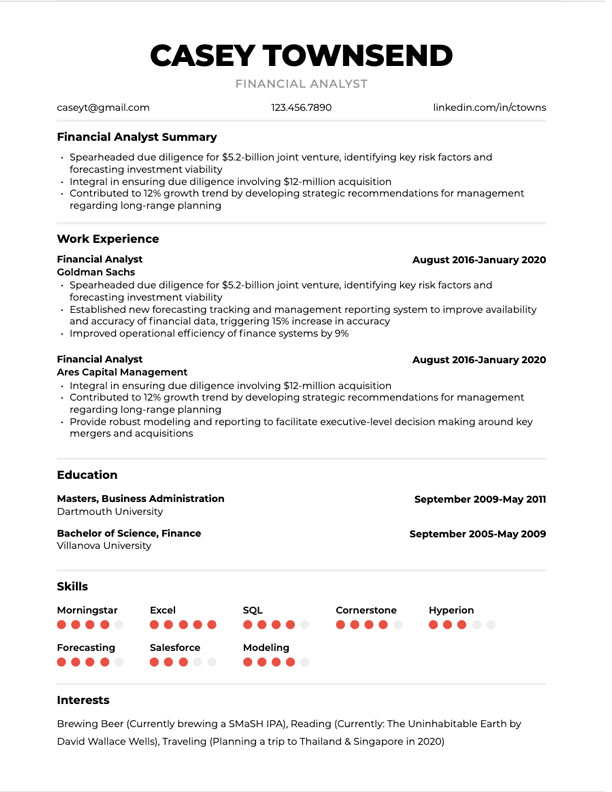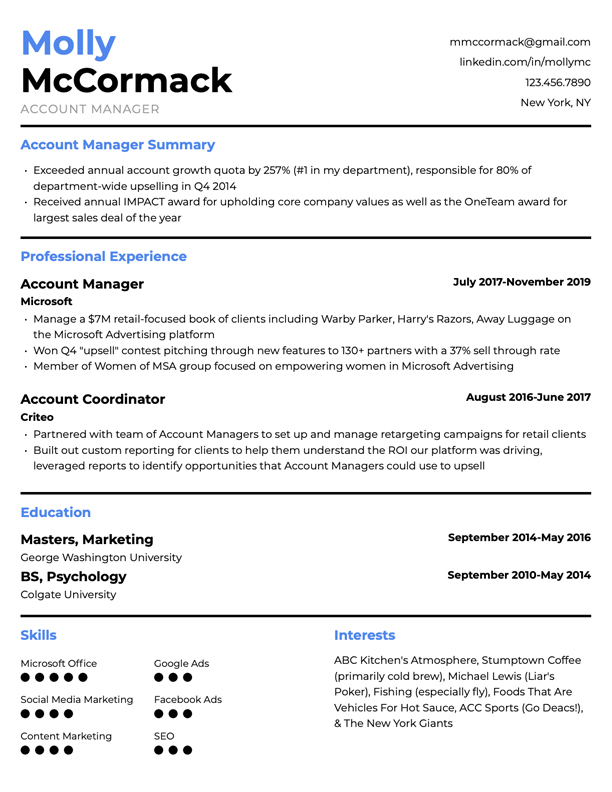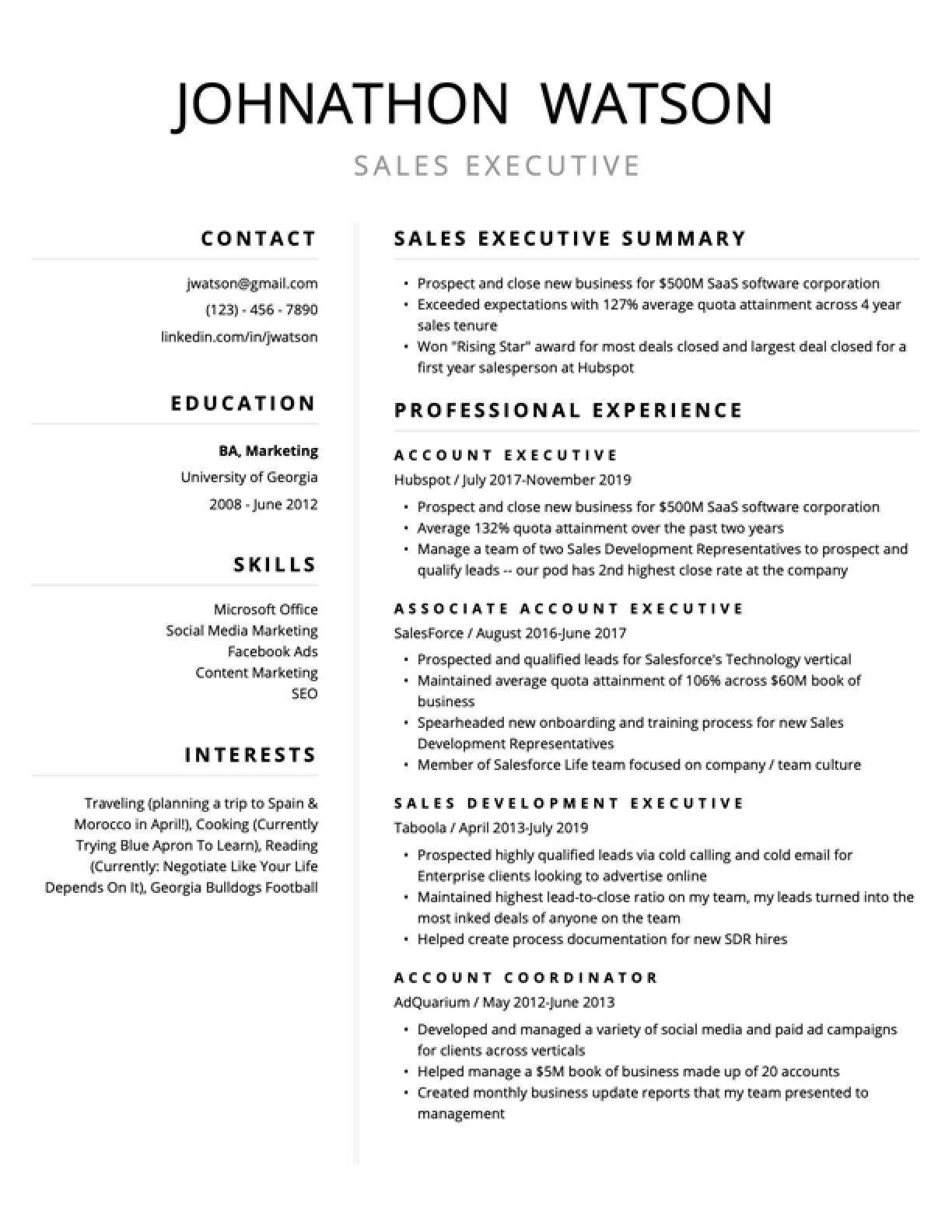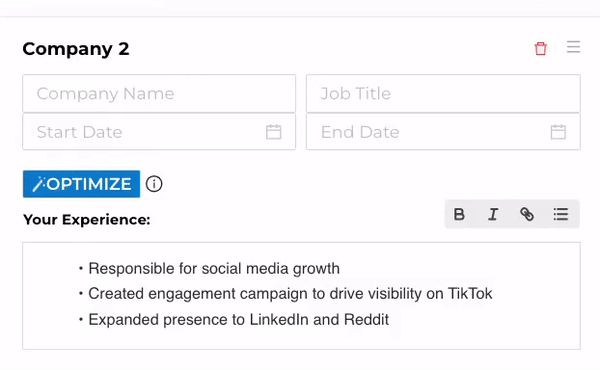If you’ve landed on this article, you probably have tons of questions about working in the energy industry and are wondering if this is a career path worth pursuing.
Good news – you have come to the right place! Whether you're an entry-level professional or well-established in another industry and looking for a career change, this article is for you!
In this article, we’ll be approaching the following topics:
- What Is The Energy Industry?
- What Companies Are In The Energy Field?
- What Are The Job Options In Energy?
- What Are The Skills Needed For Energy?
- What Do Energy Jobs Pay?
- Is Energy A Good Career Path? (Our Verdict)
- How To Build A Job-Winning Energy Resume
Let’s dig in!
What Is Energy?
The energy industry encompasses a wide range of activities related to the production, distribution, and consumption of energy. This includes traditional sources like oil, gas, and coal, as well as renewable sources such as wind, solar, and hydroelectric power. Energy is essential to powering homes, businesses, and transportation, making it a critical component of modern life.
The energy industry is broad and includes sectors such as utilities, oil and gas extraction, renewable energy, and energy efficiency services. Each sector plays a unique role in ensuring that energy is available and sustainable for current and future needs.
What Companies Are In The Energy Field?
Many companies across different sectors operate in the energy industry. Here are some examples from different areas:
- Oil & Gas: Companies like ExxonMobil, Chevron, and BP are leaders in the extraction and refining of oil and gas.
- Renewable Energy: Companies like NextEra Energy and Ørsted focus on generating electricity from renewable sources such as wind and solar.
- Utilities: Firms like Duke Energy and National Grid manage the distribution of electricity and natural gas to consumers.
- Energy Efficiency: Companies like Johnson Controls and Schneider Electric specialize in improving energy efficiency in buildings and industrial processes.
- Nuclear Energy: Companies like EDF and Westinghouse Electric Company are key players in nuclear energy production.
These companies interact with various aspects of energy production and distribution, ensuring that energy is available to meet the demands of society.
What Are The Job Options In Energy?
When looking for jobs in the energy industry, you can either work in roles within the sector – for example, taking a Finance position at a company that operates within the industry – or take a position that directly contributes to energy production, distribution, or efficiency.
In this section, we’ll cover the most common job options in the field.
Jobs In Energy Production
Energy production roles focus on the generation of energy from various sources. The most common roles in this area are:
- Power Plant Operator: Operates equipment to generate electricity and monitors plant operations.
- Petroleum Engineer: Designs and develops methods for extracting oil and gas from deposits below the earth's surface.
- Renewable Energy Engineer: Focuses on the design and implementation of systems that generate energy from renewable sources such as wind, solar, and hydroelectric power.
Jobs In Energy Distribution
Roles in energy distribution ensure that energy reaches consumers efficiently and reliably. The most common roles in this area are:
- Electrical Line Worker: Installs and repairs electrical power systems and cables.
- Grid Operations Engineer: Manages the operation of the electrical grid to ensure the stable distribution of power.
- Energy Distribution Manager: Oversees the distribution network, ensuring reliability and efficiency in the delivery of electricity or gas.
Jobs In Energy Efficiency
Jobs in energy efficiency aim to reduce energy consumption and improve efficiency in energy use. The most common roles in this area are:
- Energy Auditor: Conducts assessments to identify opportunities for improving energy efficiency in buildings.
- Energy Efficiency Consultant: Works with clients to implement strategies that reduce energy consumption and increase efficiency.
- Energy Program Manager: Leads energy efficiency programs, often within large organizations or government agencies, to achieve energy-saving goals.
What Are The Skills Needed For Energy?
Learning the skills required for each position is very important. You might have to address some skill gaps or you may already have well developed skills that you can leverage as you seek a new role.
Here are the required skills for the most common roles in the energy industry:
Entry-Level Roles:
- Technical Knowledge: Understanding of mechanical and electrical systems, especially those related to energy production and efficiency.
- Problem-Solving: The ability to troubleshoot and resolve operational issues efficiently.
- Attention to Detail: Ensuring systems are operating safely and effectively requires a high level of precision.
- Flexibility: Willingness to work different shifts, including evenings, weekends, and holidays.
Mid-Senior Manager Roles:
- Leadership: The ability to lead, motivate, and manage a team.
- Strategic Thinking: Developing and implementing strategies that align with the company’s energy goals.
- Project Management: Managing large-scale projects, often involving multiple stakeholders, to completion.
- Data Analysis: The ability to analyze performance metrics, energy consumption data, and other relevant information to improve efficiency.
Mid-Senior Technical Roles:
- Technical Expertise: In-depth knowledge of energy systems, whether in traditional oil and gas or renewable energy.
- Problem-Solving: Advanced problem-solving skills to address complex technical challenges.
- Innovation: The ability to develop new methods or technologies to improve energy production or efficiency.
Companies also value candidates who are environmentally conscious, adaptable, and have strong analytical skills!
Finding Your Fit With Energy Roles
Want to find out if you are the right fit for a role in the energy industry?
We've got you covered.
Here's a simple, step-by-step guide to find out if you have the skills to take a new position in the energy industry!
- Head over to LinkedIn and search for energy industry roles.
- Copy the job description of the energy role that sparked your interest.
- Head over to ResyMatch.io (or use our shortcut below)
- Grab a copy of your most updated resume.
- Upload your resume on the left side.
- Paste the job description on the right side.
- Hit “Start Resume Scan.”
Boom! ResyMatch will compare and score your resume versus the job description and identify skill gaps. For example:
ResyMatch will also provide best practices you can use to improve your resume and will ensure that your resume is ATS compliant (ATS is a software that recruiters use to track candidates through their hiring process).
Use our shortcut below to get started:
What Do Energy Jobs Pay?
Now that we’ve covered the most common jobs in the energy industry, you might be wondering how much these roles pay.
To answer this question, let’s head over to one of our favorite tools for salary research: Glassdoor.
Glassdoor is one of the world’s top job and recruiting websites where users can anonymously provide information about their companies – including their current salary. Glassdoor provides an average salary range for various roles based on the information sent by its users.
According to Glassdoor, the base salary for the most common energy industry jobs in 2026 are:
- Power Plant Operator: $57K – $ 87K / year base pay (USD)
- Petroleum Engineer: $101K – $163K / year base year (USD)
- Renewable Energy Engineer: $59K – US$ 141K / year base pay (USD)
- Grid Operations Engineer: $ 77K – $154K / year base pay (USD)
- Energy Distribution Manager: $63K – $104K / year base pay (USD)
- Energy Auditor: $56K – $104K / year base pay (USD)
- Energy Program Manager: $84K – $136K / year base pay (USD)
Best Paying Jobs In Energy Compared To The Average U.S. Salary In 2026
Now, let’s check what that looks like compared to the average U.S. salary.
According to the Social Security Administration, the average salary in the U.S. is $63,795.
This is what the best-paying jobs in the energy industry look like when we put them in perspective:
Petroleum Engineer, Grid Operations Engineer, and Renewable Energy Engineer are the highest-paying roles in the energy industry, with an earning potential of up to 316% higher than the U.S. average.
Now that we've covered the important basics of the energy industry, we can finally answer the biggest question many job seekers have when considering a new industry:
Is Energy A Good Career Path? (Our Verdict)
The energy industry is a good career path for people who have an interest in technology, sustainability, and problem-solving.
Energy roles are essential for maintaining and advancing the systems that power our world. Companies like ExxonMobil, NextEra Energy, and Duke Energy are leaders in the field.
If you feel like this might be the career path for you, then be sure to dive into the next section where we will cover the best strategies to help you land a job in the field:
How To Build A Job-Winning Resume
Here's a fact most people don't usually realize: you don't need traditional experience to take on a new role.
You can leverage your unique background, experiences, and skills for nearly any position, as long as you sell it.
Think about your resume as an advertisement for yourself. Like any ad, you want it to be compelling and visually attractive, right?
That's exactly what you will do with your resume!
You will start by:
1. Leveraging The Best Keywords For Your Target Role
Remember ResyMatch.io, that resume and job description scanner tool we mentioned earlier in this article?
We first showed you how you can scan and compare your resume with your target job description to find out how your skills match the role.
However, if you don't have a resume yet, you can still get great insight from this tool by running a job description scan.
Here's how: head over to ResyMatch.io and, in “Scan Type,” select “Job Description Scanner.” Then, copy the job description for your target role and paste it into the box on the left.
ResyMatch.io will provide a list of hard and soft skills that apply to the role. You can use these skills as keywords when building at your resume.
Skim through the list to get ideas for keywords you can leverage on your resume.
For example, let's say you are an innovative and analytical individual. Are there any previous experiences, personal projects, or even academic achievements that you can showcase in your resume to highlight these skills?
If yes, then make sure to include those on your resume and then move onto the next step:
2. Writing Compelling Resume Bullets
This is where you'll start crafting a resume that sells!
You'll want your resume bullets to have just the right amount of hard and soft skills, action words, measurable results, and common words.
This means a compelling energy industry resume bullet for someone applying for a Renewable Energy Engineer role might look something like this:
Utilized data analysis and project management skills to optimize a 50 MW solar farm, reducing costs by 15%.
This bullet focuses on specific hard and soft skills that apply to a Renewable Energy Engineer, while also showcasing measurable results!
To help you write the perfect resume bullet, we've created ResyBullet.io, a free resume bullet analyzer that helps you write your resume in a way that grabs attention and illustrates value. Simply copy and paste your resume bullet below to begin your analysis:
ResyBullet will analyze and score your resume bullet and give you actionable insights for improvement.
Here's how our energy industry resume bullet scored on ResyBullet:
If you're a visual learner, check out our video that walks you through the step-by-step of writing a crazy-effective resume bullet:
3. Make Your Resume Visually Appealing
The last step is to take all of your content and apply it to a layout that is both easy to read and visually appealing. We recommend using a resume template so you can save the time you would normally spend designing your resume and instead allocate it to other high-value activities in your job search (like interview prep and networking).
You can use ResyBuild.io, a free resume builder, to easily build and customize your resume in no time. Just pick one of the templates below and get started:

Free Job-Winning Resume Templates, Build Yours In No Time.
Choose a resume template below to get started:
Choose from 8 proven templates and easily create, edit, and customize your resume. ResyBuild's AI assistant also helps you craft personalized, job-winning bullets in a single click. Simply add your experience, hit “Optimize”, and watch the magic happen.
Ready To Pursue An Energy Career Path?
Then check out our No Experience, No Problem course and access a proven framework for building the skills and results you need to break into a new industry (even if you have absolutely no relevant experience right now)!



















